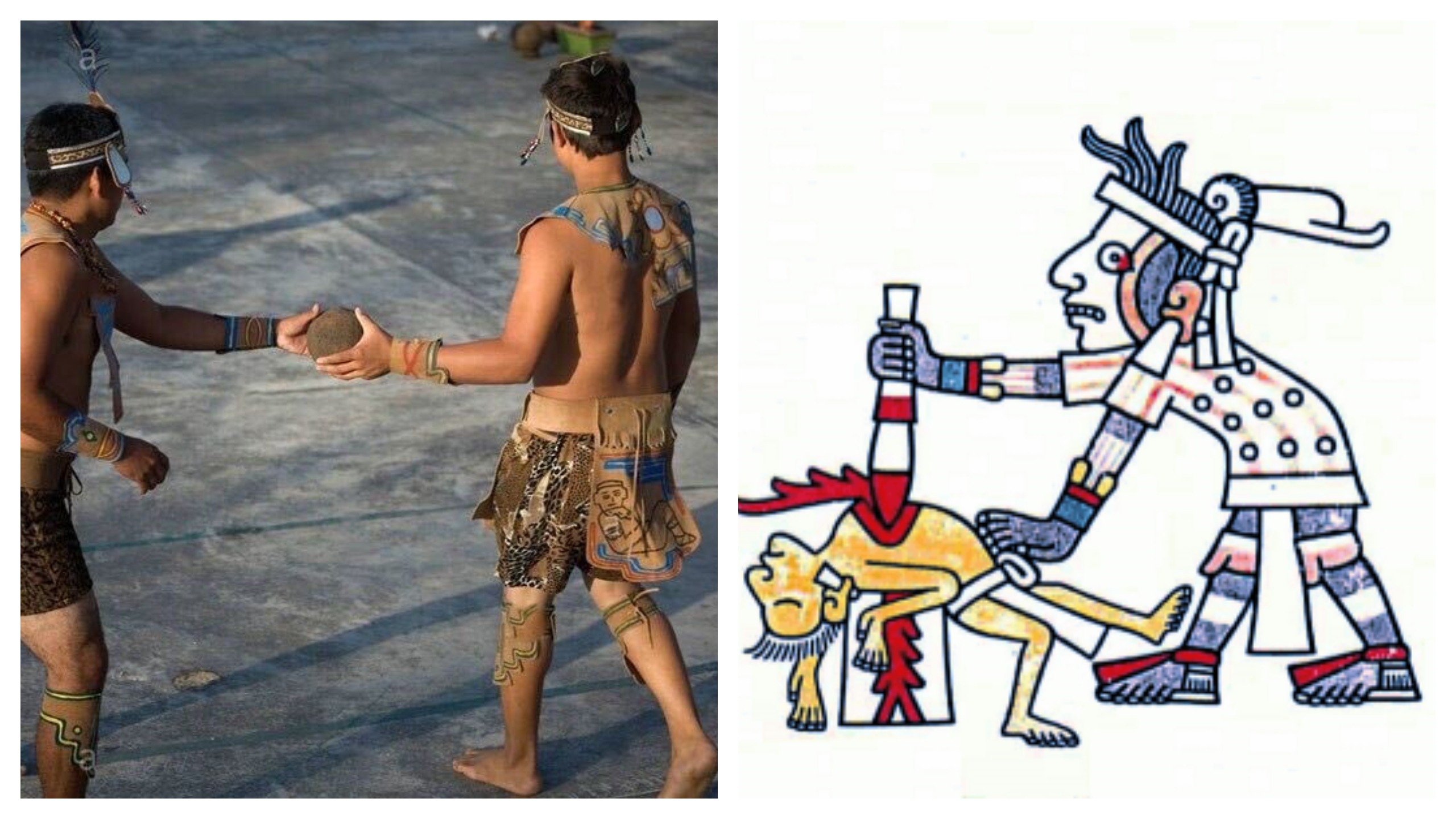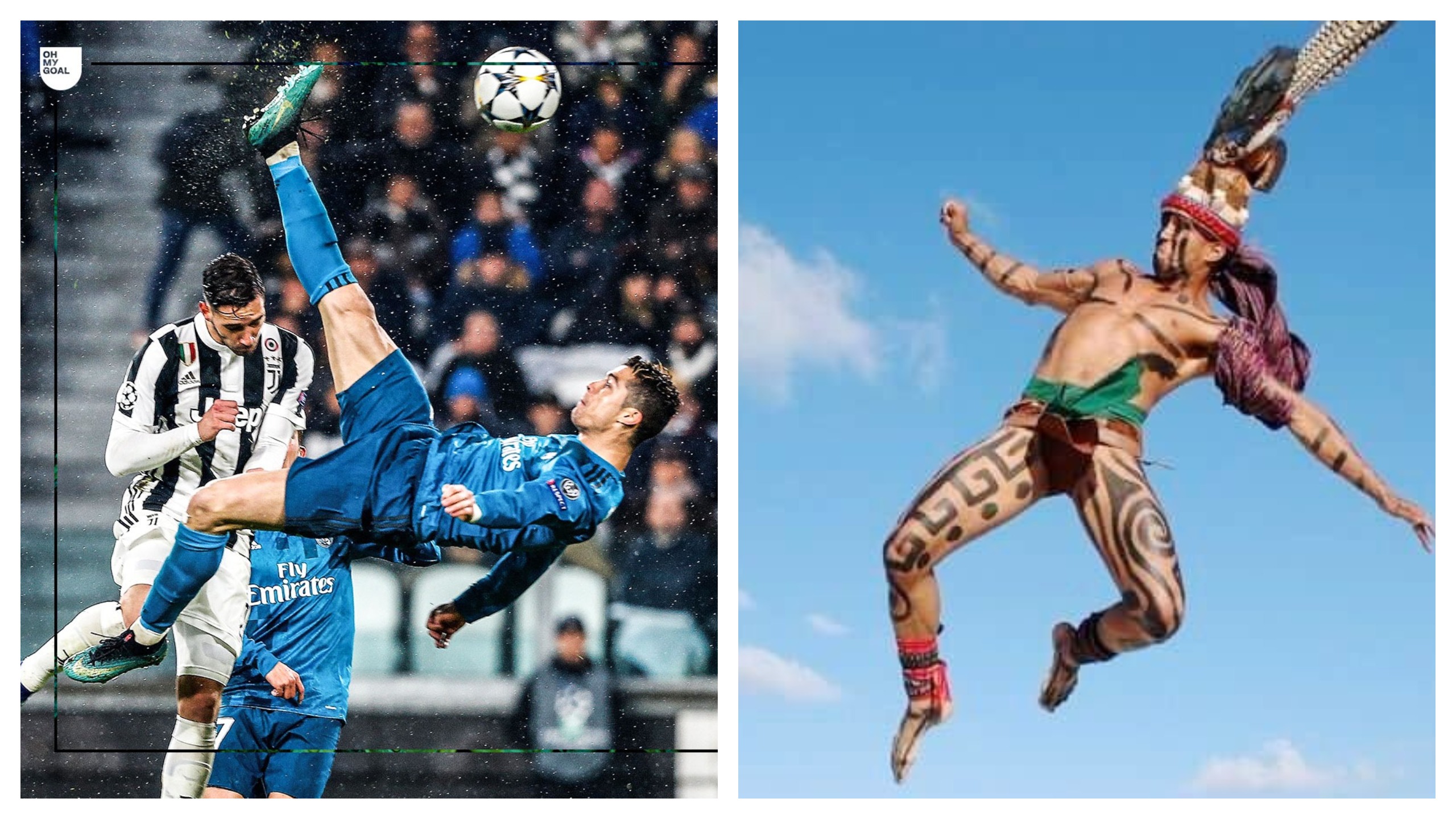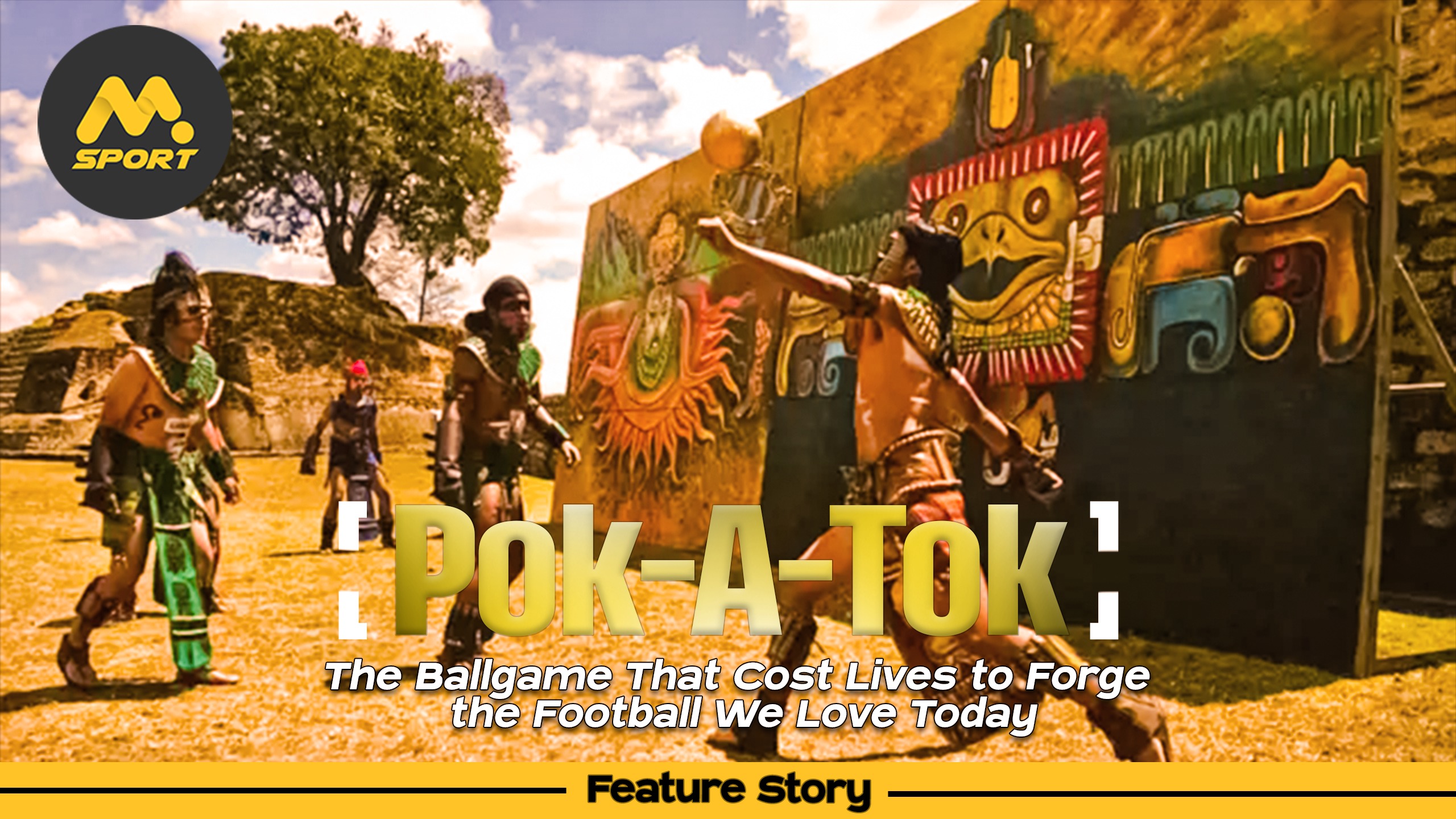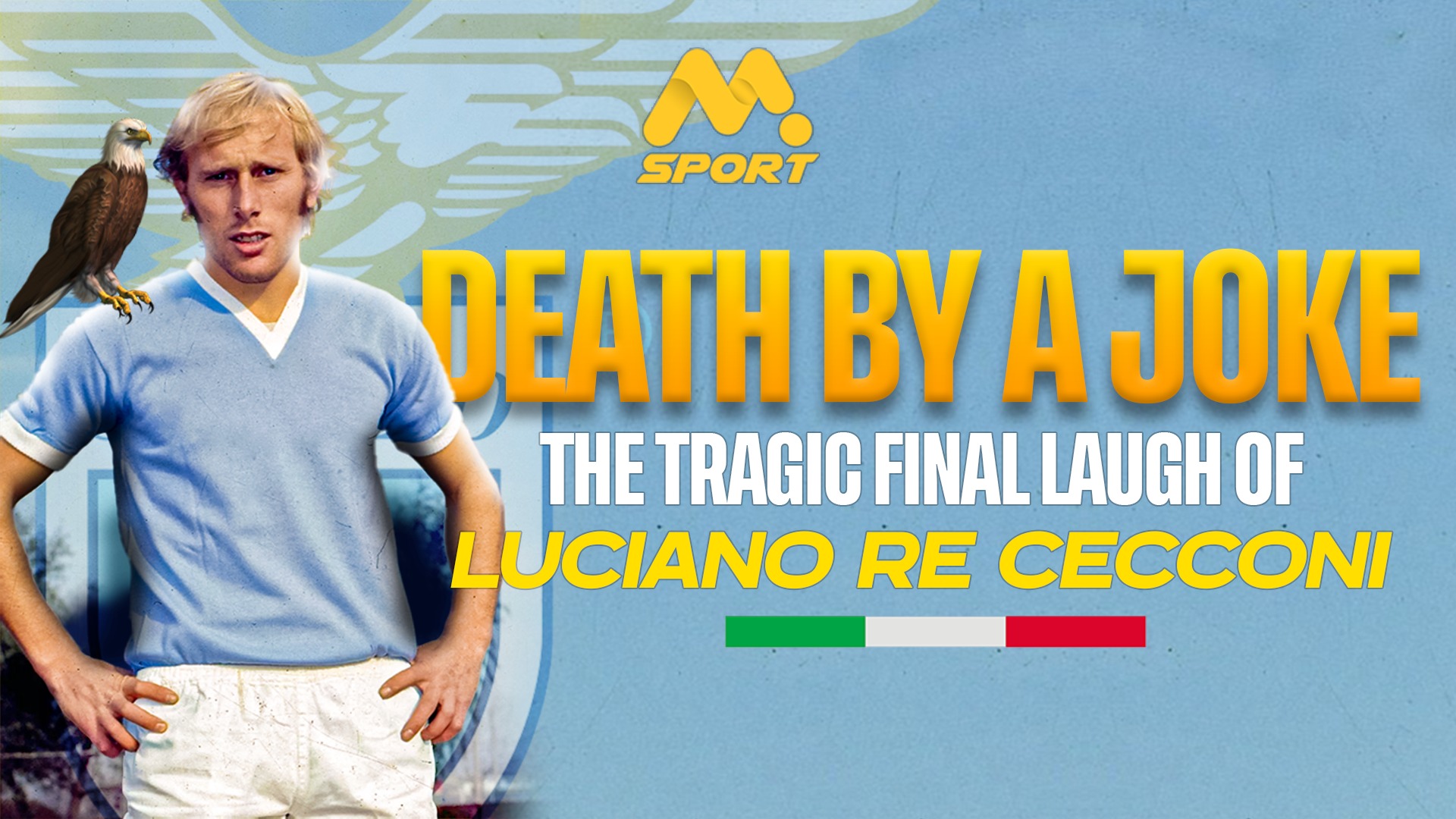You ever watch a Champions League final and think, "Man, this is life or death?" Maybe you’re a die-hard Madrid fan, clinging to the edge of your seat as Vinícius Jr. breaks away. Maybe you’re a die-hard Liverpool supporter, watching Mo Salah cut inside, praying for a miracle. And then the final whistle blows, and it’s all over. If your team wins, you explode in joy. If they lose, you sit in silence, staring at the screen like it personally betrayed you.
But here’s the thing: It was never actually life or death.
Not like Pok-A-Tok—the ancient Mesoamerican ballgame where players literally played for their lives. Think of it as the missing link between gladiatorial combat and modern football. And while Messi and Ronaldo have shaped today’s game, Pok-A-Tok was the first true high-stakes match. Only back then, losing meant more than going home empty-handed. It meant you didn’t go home at all.
The Birth of the Ballgame🔱⚽
Long before Neymar was rolling around the pitch like a dying swan, the Maya, Aztecs, and Olmecs had their own version of football. Pok-A-Tok (or ōllamaliztli, if you want to flex your Aztec pronunciation) was played with a solid rubber ball that could weigh up to 9 pounds. No hands. No feet. Players used their hips, shoulders, and forearms to keep the ball in play and, in some versions, knock it through a vertical stone hoop mounted several meters above the ground.
Sounds hard? It was. Imagine playing volleyball, but instead of using your hands, you’re throwing your entire body into it. Imagine heading a Premier League match ball—only it's a rubber cannonball designed to knock the wind out of you. The Maya didn’t mess around.And the stakes? Oh, they were brutal.
Win or Die Trying ⚰️💔

Let’s get one thing straight: Nobody walked onto a Pok-A-Tok court thinking about sponsorship deals or Instagram followers. There were no halftime pep talks about "believing in yourself" or "staying in the game." No, this was a ritual—one tied to gods, fate, and the delicate balance between life and death.
Some historians believe the winners were sacrificed as an honor. Others suggest the losers were the ones who got the short end of the sacrificial knife. Either way, someone wasn’t making it out alive. Imagine if Pep Guardiola had to hand over Kevin De Bruyne to the football gods after a Champions League final. That’s the level of sacrifice we’re talking about.Football’s Bloodstained Legacy ⚽ ❤️

So what does this have to do with modern football? Everything.
Pok-A-Tok wasn’t just a game. It was a proving ground—a sacred, violent, and awe-inspiring spectacle that laid the foundation for the sport we love. The passion, the strategy, the do-or-die intensity—it all started here. The ball was life. The court was destiny. The crowd? Just as ruthless as today’s Twitter mobs.And sure, Messi might carry the weight of Argentina on his shoulders, but at least he’s not literally playing for his soul.
So next time you’re screaming at your TV during a penalty shootout, take a moment. Breathe. Be grateful. Because somewhere, deep in football’s DNA, there’s a group of ancient warriors who had it much worse.
They didn’t just lose a game.
They lost everything.







